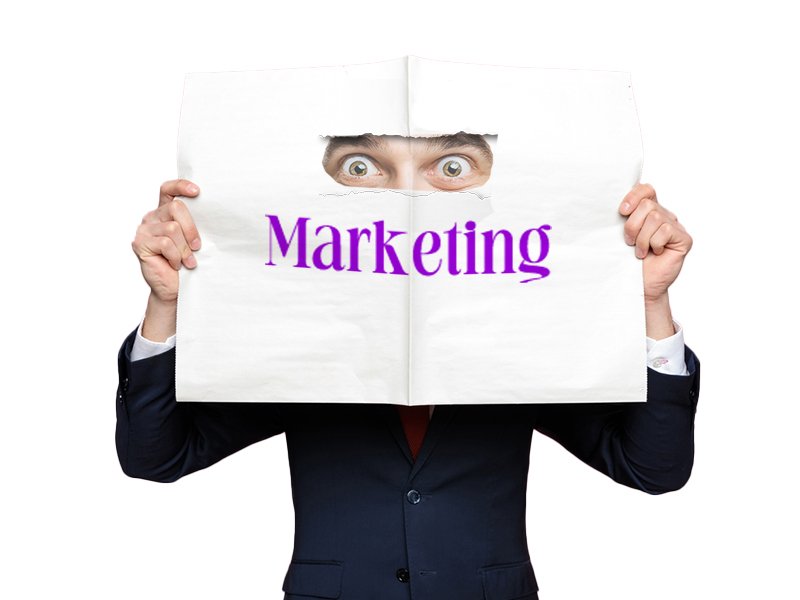In today’s ever-changing marketing world, businesses are always looking for new ways to catch the attention of their intended audience. One fascinating and somewhat secretive technique that’s been getting a lot of attention is undercover marketing. It’s all about being subtle and making it hard to tell what’s an ad and what’s not.In this article, we’ll explain this mysterious marketing method, including where it came from, how it’s done, and what it means for both companies and consumers. Get ready to explore the hidden world of undercover marketing, where it’s tough to tell the difference between what’s trying to persuade you and what’s just the way things seem.
What is undercover marketing?
Undercover marketing, also known as stealth marketing or buzz marketing, is a marketing strategy where a product, service, or brand is promoted in a subtle or inconspicuous manner to create a buzz or generate interest among consumers without necessarily realizing that they are being exposed to advertising.
They do this by blending their message into everyday things you see or hear. They might use social media, famous people, or put their products in movies or TV shows. The idea is to make you think it’s real, not an ad, so you’ll talk about it with your friends. But some people don’t like it because it can feel tricky or dishonest.
types of undercover marketing
Undercover marketing comes in different forms, here are some common types:
Product Placement: Companies pay to put their stuff in movies or TV shows so you see them without realizing it’s an ad.
Influencer Marketing: Brands team up with famous social media people who quietly show off their products in their posts or videos.
Native Advertising: They make articles that look like regular news but are actually ads. You find these on news websites and social media.
Viral Marketing: They make content that they hope everyone will share because it’s funny or surprising, but they don’t say it’s an ad.
Guerrilla Marketing: They use weird and unexpected tricks, like flash mobs or street art, to grab your attention.
Ambush Marketing: They join big events or sponsorships to get noticed, even if they’re not officially part of the event. People sometimes don’t like this.
Buzz Marketing: They create excitement about their product by getting people to talk about it.
Undercover marketing advantages and disadvantages
Undercover marketing, like any marketing strategy, has its own set of advantages and disadvantages:
Advantages of Undercover Marketing
Subtlety and realness: Undercover marketing can feel more real and less pushy, like discovering something on your own, not being forced to buy it.
More interesting: It can be more interesting because it’s integrated into things you like, or it’s recommended by people you follow.
Word-of-mouth: People tend to talk about things they discover on their own, so this can lead to more people talking about the product.
Can be cheaper: Sometimes, it costs less than regular ads.
creative: There are lots of creative and unusual ways to do it, which can be exciting.
Disadvantages of Undercover Marketing
Trickiness and ethics: Undercover marketing blurs what’s real and what’s an ad, which can be tricky and raise ethical concerns. People might feel like they’re being fooled.
Not clear: It’s not always clear that it’s advertising, which can make people feel like they’re being lied to.
Legal problems: Sometimes, it can break the rules or laws about how ads should be done.
Not always good: It might not work for every product or group of people. Regular ads might be better sometimes.
In summary, while undercover marketing can be a creative and engaging approach, it comes with potential ethical and transparency concerns. Businesses must carefully consider the nature of their product, their target audience, and the appropriateness of such strategies to strike the right balance between subtle promotion and honesty.
By: Ashrakat Tarik






